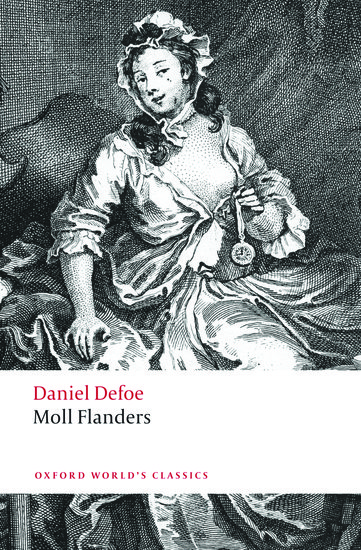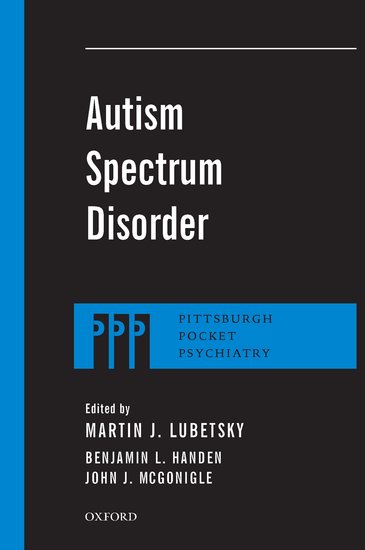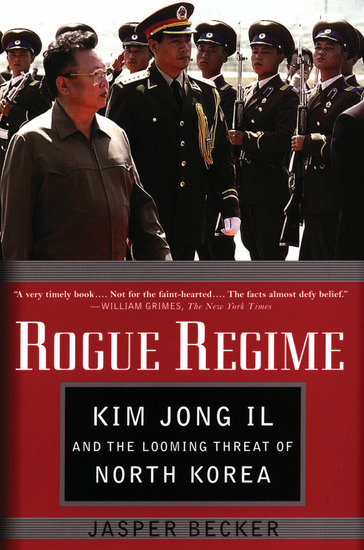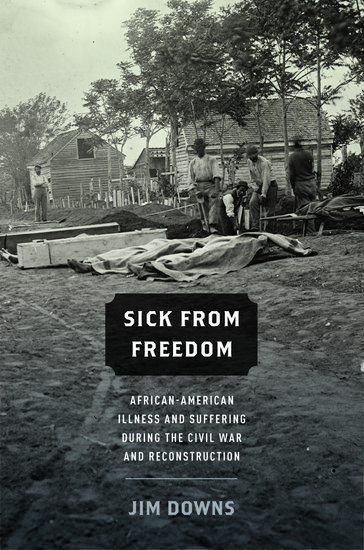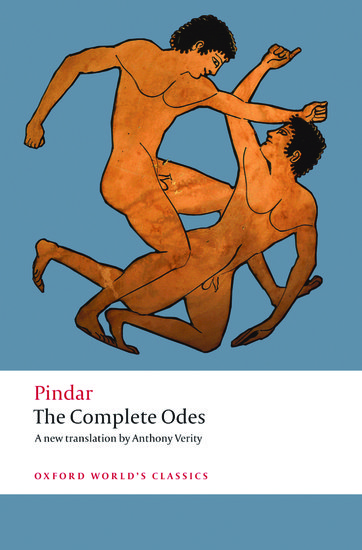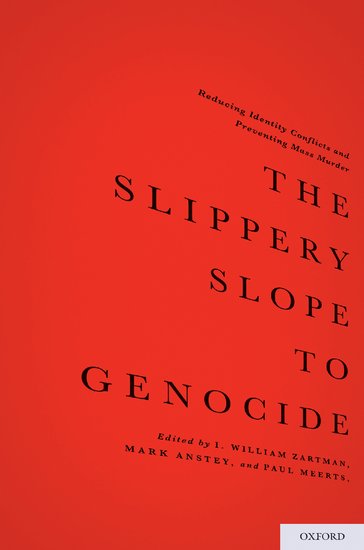Reading Tea Leaves
By Andrew J. Polsky
With Mitt Romney’s trip abroad to visit Israel, Poland, and Great Britain, the focus of the 2012 presidential campaign shifts briefly to foreign policy. The Romney people hope to project the image of their candidate as a credible head of state and commander-in-chief, as well as to score some political points at home. The visit to Israel, a nation President Obama hasn’t visited during his first term, seems designed to stir doubts about the incumbent among American Jews, long one of the most reliable Democratic voting blocs. This is all pretty standard fare for presidential candidates.


